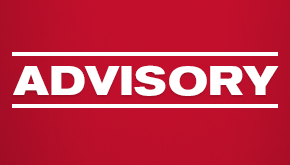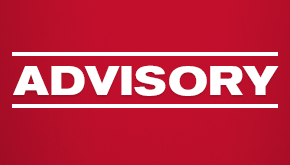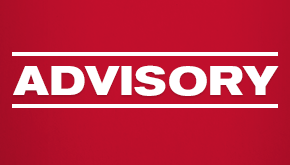Corporate Procedure in the Time of Coronavirus
The following advisory discusses board decision-making procedures, including scheduling and noticing of board meetings, conducting meetings by electronic communication, board votes and keeping minutes in light of the COVID-19 pandemic. It may seem odd to be discussing the niceties of corporate procedure in the midst of a crisis, but we are increasingly receiving questions about shareholders and unit owners who are demanding to know under what authority boards have taken actions to deal with the pandemic. These actions include, for example, closing gyms and other common areas in the building, restricting deliveries, suspending alterations, stopping move-ins and move-outs, changing laundry room hours, etc. Shareholders and unit owners who are most negatively affected by these policies may be suffering financial losses in excess of those suffered by the bulk of the other owners. We expect some of those who are unhappy about the impact these decisions had on them will assert claims against and seek compensation from the board. Those boards that comply with required procedures will be best able to defend against these claims.
Ratification – All boards have been forced by the spread of the virus to balance the need to protect residents and employees against open access to the building. Some boards have relied on their managing agent to distribute notice of these policies. Others have developed and circulated their own notices. As a first step, we recommend that if such notice(s) have been sent, the board adopt a resolution essentially as follows:
RESOLVED, that the actions, policies and rules reflected in the attached [managing agent memo] [board memo to unit owners/shareholders] dated [xx-xx-2020] are hereby ratified, approved and adopted effective as of the date of their distribution, [except to the extent they have been modified by the board, as follows: insert board changes to management’s stated policies.]
If the board has implemented new policies without notifying the unit owners/shareholders, we recommend that the board approve a resolution adopting each of these policies and promptly circulate notice of their adoption to the unit owners/shareholders.
Meetings – Boards in virtually all co-ops and condos are authorized to take action either at a meeting at which a quorum is present, or by written consent. Action by consent generally requires unanimous written consent (the exception being a condominium in which the bylaws authorize a lesser number). Unanimous written consent may be difficult to accomplish. But unless restricted in the certificate of incorporation or bylaws, members of co-op and condo boards may participate in meetings of the board via teleconference or similar communication allowing all persons participating in the meeting to hear one another at the same time. Those participants are all considered present at the meeting for quorum and voting purposes. This will be the best avenue for most boards to formally act. Adopting policies and house rules typically requires a simple majority vote of those present provided there is a quorum.
Meeting Notice – Special meetings of the board require a notice of meeting that complies with the bylaws as to number of days’ notice, what can be considered at the meeting and other requirements. On the other hand, regular meetings of the board may be scheduled by board action in advance, after which no formal notice of meeting is required. We recommend that the board adopt a schedule of regular meetings by teleconference or a similar system that meets the needs of the current situation. For example, the board might decide to schedule daily regular meetings at 4 p.m. using a specified call-in number. Once it has voted to adopt that schedule, no further formal notice of meeting is required. If the board decides not to meet or doesn’t establish a quorum on any given day, the fact that it was scheduled will be of no consequence. But following this procedure will avoid the need to comply with by-law requirements for special meetings for the duration of the emergency. If prior meetings have been held without compliance with notice requirements, each board member should be asked to sign a waiver of notice. The following would be sufficient: “I hereby waive notice of the meetings of the board of directors/managers held on [insert dates].”
Minutes – Boards should be careful to document their decisions in written minutes that are circulated to the board after the meeting and formally approved at a later meeting. The minutes should reflect the date and time of the meeting, that it was conducted by teleconference, who participated and what actions were taken.
By following these procedures, boards should be better positioned to defeat challenges to their emergency actions in reaction to the current crisis.


































